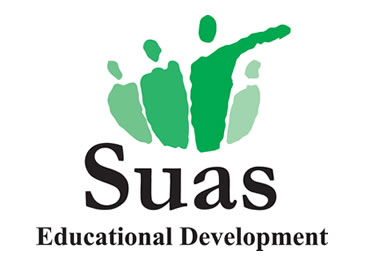Trinity students and graduates were among 18 participants who displayed their work at the recent showcase of the first Suas Ideas Collective. The Ideas Collective is a programme that provides individuals and groups with a platform to launch their plans for social or environmental change. According to Deirdre Kelly of Suas, the programme was launched earlier this year in response to a growing demand among young people for a means of transforming their ideas for change into action.
Having worked with mentors over the summer to develop their projects, the contributors last week presented their work to supporters of Suas and representatives of various NGOs. Rachael Fitzsimons, a fourth year history and political science student in Trinity, was among the exhibitors. She described her initiative as a “project in public engagement through the art of letter writing.” It will provide people with the opportunity to engage in discussion, on a variety of topics from literature to current affairs, through a letter writing network. Her project is particularly aimed at elderly people who may not have wide access to technology or social media, where much public debate now takes place, she said.
Ali Kelly and Aisling Byrne, recent Trinity graduates in law and French and music respectively, outlined the thinking behind their venture ‘SwapSwap,’ a website where users can upload photographs of their ethically sourced clothes and “share, swap and steal” each other’s items. Through this, Byrne explained, they hope to alleviate some of the problems caused by the “fast fashion industry” and the current culture of disposable clothes.
Eoghan Martin and Alan Donoghue, both working towards their masters in computer engineering in Trinity, also took part in the collective. According to Martin, their project, ‘Dev, meet Tech,’ is premised on the belief that technology has the power to bring about “positive social change.” They intend to hold a series of events at which students from a range of disciplines and backgrounds will work together to devise innovative solutions to social problems using technology.
Among the other initiatives presented on the evening were a documentary investigating the environmental impact of agriculture in Ireland, a project seeking to bring local communities together through storytelling, and a website that will provide young people with accessible information regarding government policy‐making as well as an online discussion forum.







